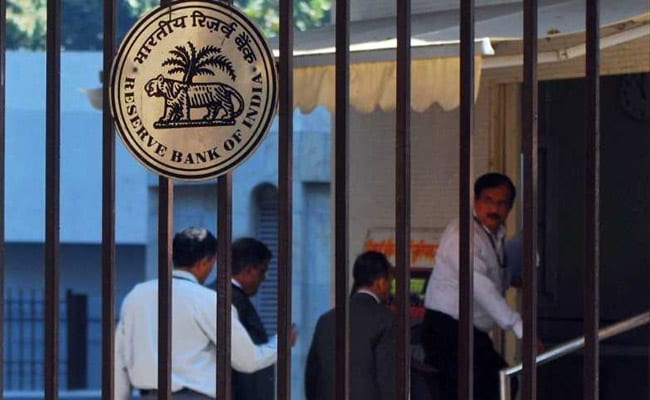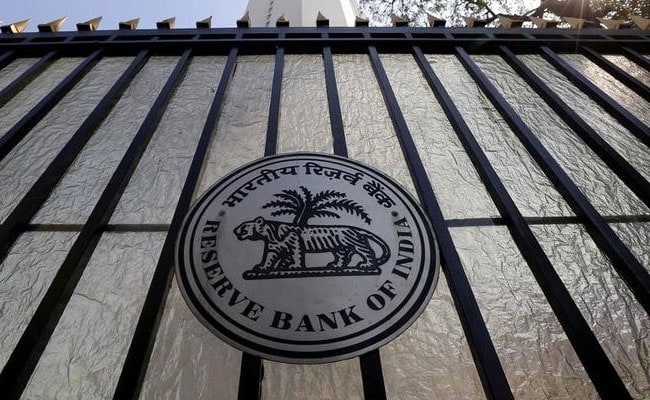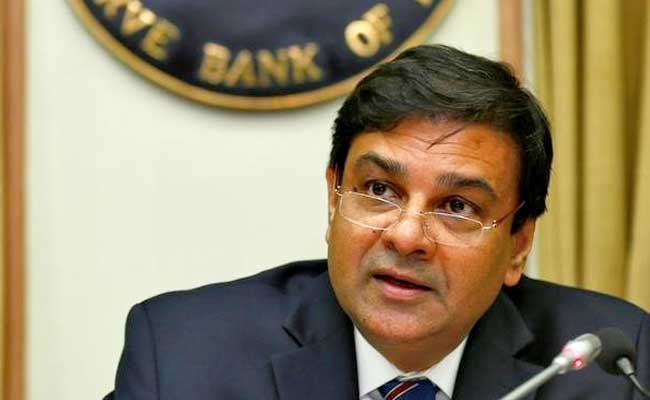The meeting of the board of the Reserve Bank of India has ended after over nine hours, amid what analysts say an atmosphere of mistrust over perceived government interference in the central bank's functioning. RBI agreed to set up a panel for sharing surplus and also to restructure loans of small businesses. Congress president Rahul Gandhi tweeted: "Mr Modi and his coterie of cronies, continue to destroy every institution they can get their hands on. Today, through his puppets at the #RBIBoardMeet he will attempt to destroy the RBI. I hope Mr Patel and his team have a spine and show him his place."
Though the government has maintained it has no intention of forcing the RBI's hand to do its bidding, the opposition has alleged the NDA regime intends to plough into the precious reserves of the central bank in election season. With a heightened sense of alertness, the markets and investors are also closely watching the development.
Any sign that all's not well in the RBI could mean trouble for the markets, analysts say. The first sign of trouble came in October when reports alluded to the government's interest in Section 7 of the Reserve Bank of India Act or RBI Act, which empowers the centre to issue directions to the "lender of last resort" -- meaning the government could take charge of policy. Last year, former RBI Governor D Subbarao said Section 7 has never been used in more than 80 years of the central bank's history.
Here are the highlights of the RBI board meeting and the markets:
Glad that the Government has stepped back and grudgingly acknowledged the independence of the RBI.
- P. Chidambaram (@PChidambaram_IN) November 19, 2018
 Indian Rupee Vs US Dollar Today INR Vs USD Currency Exchange Rate November 19 RBI Board Meeting 10 Things To Know
Indian Rupee Vs US Dollar Today INR Vs USD Currency Exchange Rate November 19 RBI Board Meeting 10 Things To KnowHalting its four-day winning streak, the rupee slipped by 9 paise to 72.02 against the US dollar in early trade on Monday ahead of the outcome of Reserve Bank of India (RBI) board meeting, reported news agency Press Trust of India (PTI).






